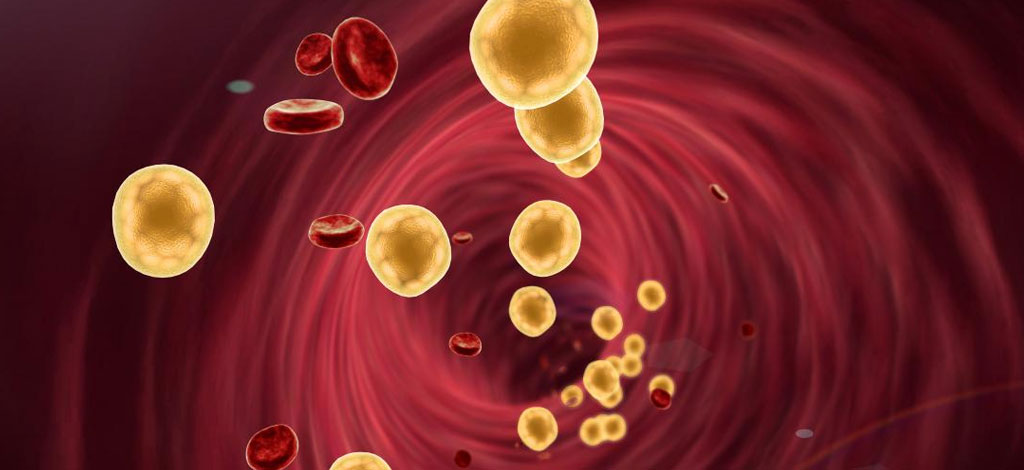High Cholesterol and Dyslipidemia
High cholesterol and dyslipidemia refer to conditions where there are abnormal levels of lipids (fats) in the blood. Cholesterol is a type of lipid that is essential for various bodily functions, but elevated levels can lead to health problems, particularly cardiovascular diseases. Dyslipidemia encompasses imbalances in different types of lipids, including cholesterol and triglycerides.
- Unhealthy Diet: Diets high in saturated and trans fats, cholesterol, and refined sugars can contribute to elevated cholesterol levels.
- Physical Inactivity: Lack of regular exercise can lead to dyslipidemia.
- Obesity: Being overweight or obese is often associated with high cholesterol and triglyceride levels.
- Genetics: Genetic factors can influence cholesterol levels and the risk of dyslipidemia.
- Medical Conditions: Conditions such as diabetes, hypothyroidism, and kidney diseases can contribute to dyslipidemia.
- Age and Gender: Cholesterol levels tend to rise with age, and men generally have higher cholesterol levels than premenopausal women.

